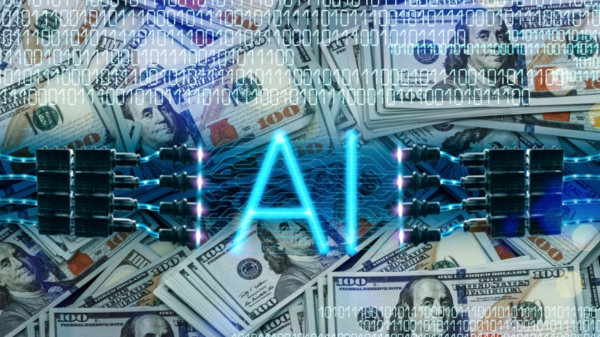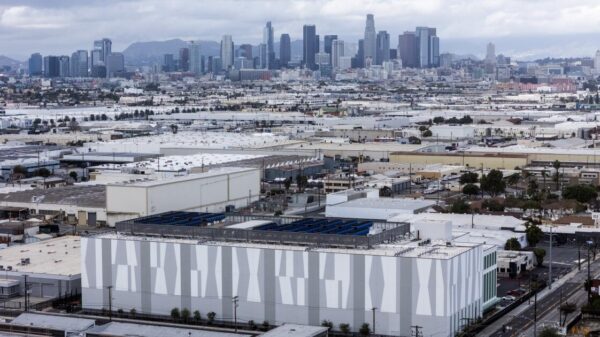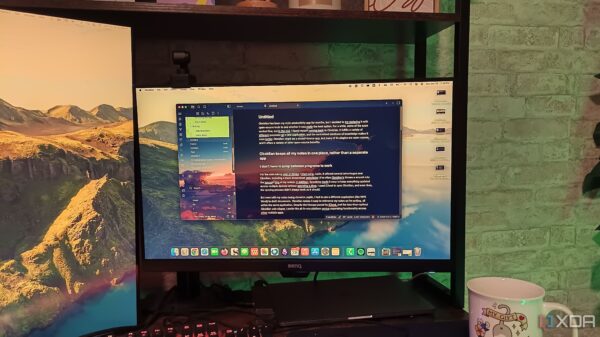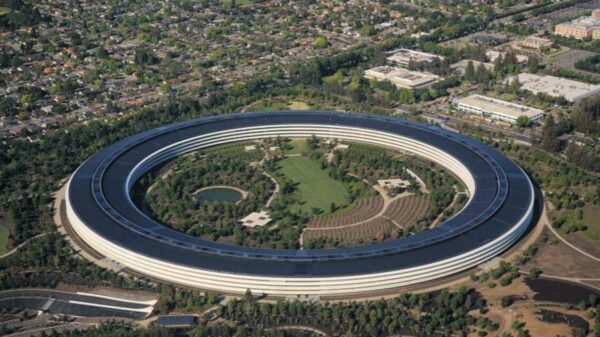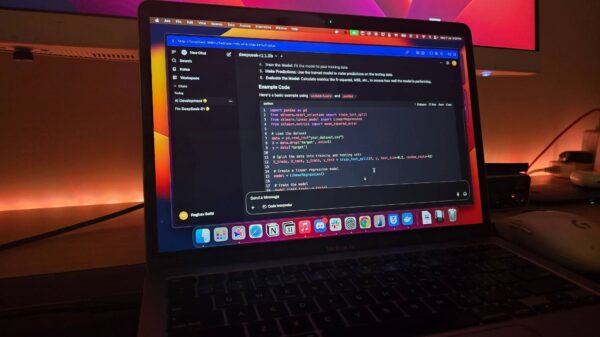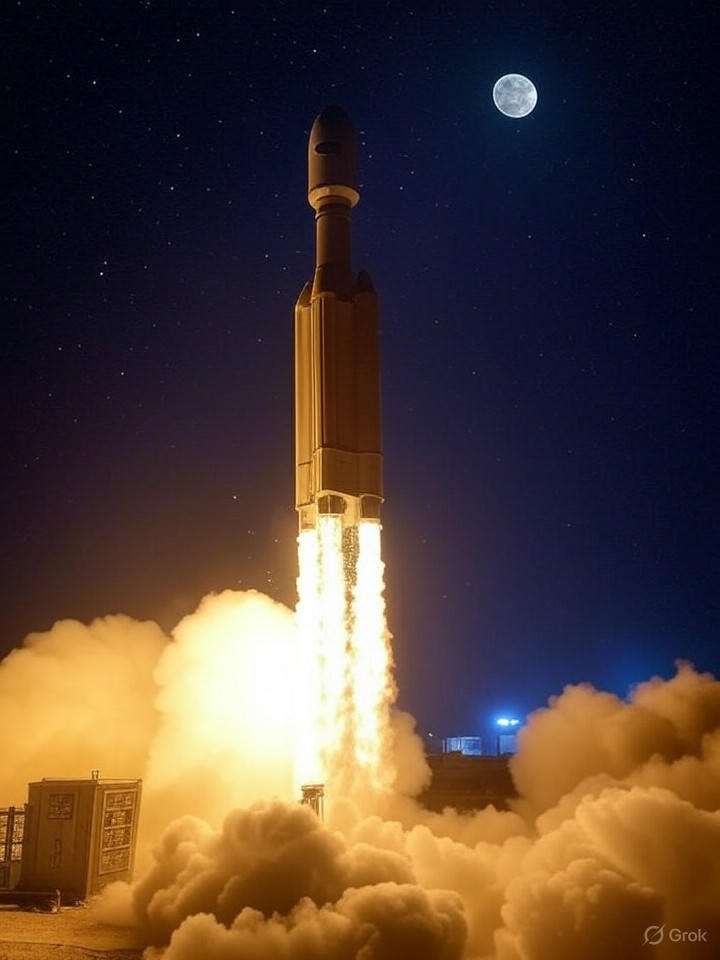In a significant development for the space sector, artificial intelligence (AI) is reshaping operations and innovations across the industry. During a recent summit in Seattle, industry leaders discussed how AI is enhancing everything from satellite management to deep-space exploration. Executives from companies such as Blue Origin and SpaceX highlighted the use of machine learning algorithms that optimize rocket trajectories in real time. This integration has led to reductions in fuel consumption by as much as 15% and decreased mission risks.
The transformation driven by AI is profound, going beyond incremental changes to fundamentally alter the landscape of space endeavors. For example, AI-powered predictive analytics are now utilized to anticipate satellite failures before they happen. By leveraging extensive datasets from orbital sensors, these technologies could potentially extend the lifespan of satellite constellations like Starlink by years, resulting in savings of billions of dollars in replacement costs.
AI’s Role in Autonomous Spacecraft and Data Processing
As missions venture further from Earth, the demand for autonomous spacecraft has intensified. AI technologies are increasingly tasked with making complex decisions independently, reducing the need for constant human intervention. In addition to hardware advancements, AI is revolutionizing data processing in space. Ongoing projects at NASA, as detailed on their official site, employ neural networks capable of sifting through terabytes of cosmic data. This capability is crucial for missions such as the James Webb Space Telescope, where AI algorithms enhance image clarity and improve the detection of exoplanets.
Private firms are at the forefront of this AI revolution. A report from Lockheed Martin anticipates that AI will play a vital role in advanced communications, facilitating seamless coordination between ground stations and lunar landers. This is particularly important for human exploration plans, where AI could autonomously manage life-support systems during extended stays on the Moon.
Challenges and Future Prospects
Despite the promising advancements, the integration of AI in space exploration presents challenges, including data security and algorithmic bias. These issues have prompted calls for comprehensive regulatory frameworks to ensure the safe deployment of these technologies. Looking ahead, the merger of AI with emerging trends like quantum computing is expected to unlock new possibilities. A report by McKinsey predicts that hybrid AI-quantum systems will be able to simulate asteroid mining scenarios with exceptional accuracy, potentially disrupting traditional mining industries on Earth by providing sustainable alternatives.
Startups are also making strides in the intersection of AI and robotics. The StartUs Insights guide on top space technology trends highlights ventures developing AI-powered drones aimed at removing orbital debris, a growing concern for the safety of active satellites.
Investment in AI-driven space ventures is surging, with analysts projecting significant growth in the coming years. Strategic partnerships will be essential for navigating geopolitical tensions and supply chain vulnerabilities. The European Space Agency has emphasized the importance of global collaboration, focusing on initiatives to standardize AI protocols for international missions. Concurrently, discussions in the United States are intensifying regarding the implications of AI in national security, particularly concerning adversarial satellite interference.
As 2025 approaches, the space industry’s adoption of AI indicates a paradigm shift towards intelligent, adaptive systems. The insights shared at the Seattle summit underscore that the success of these advancements will depend on achieving a balance between innovation and oversight. If managed effectively, the integration of AI in space exploration may significantly redefine humanity’s ability to engage with the cosmos, potentially leading to economic growth and groundbreaking scientific discoveries.

















